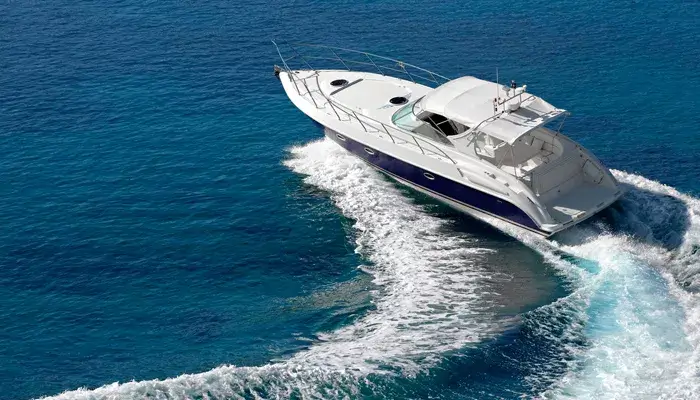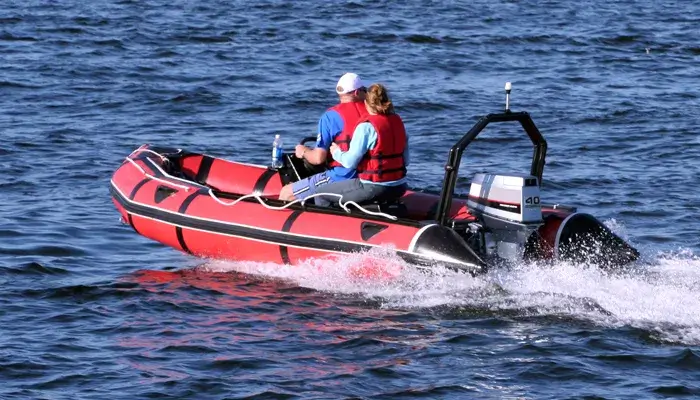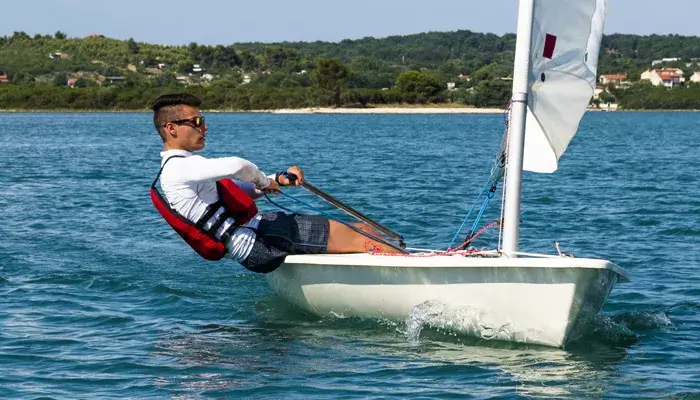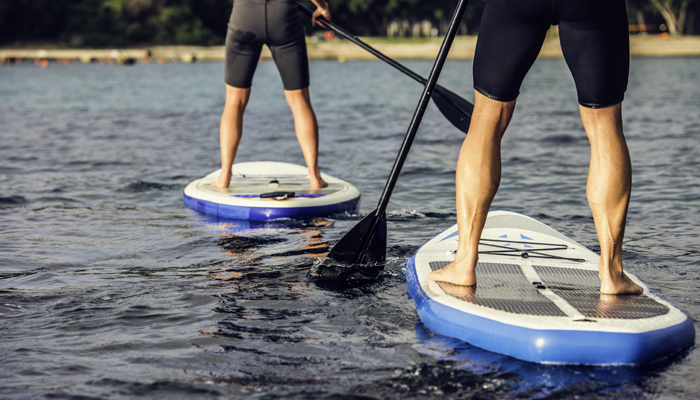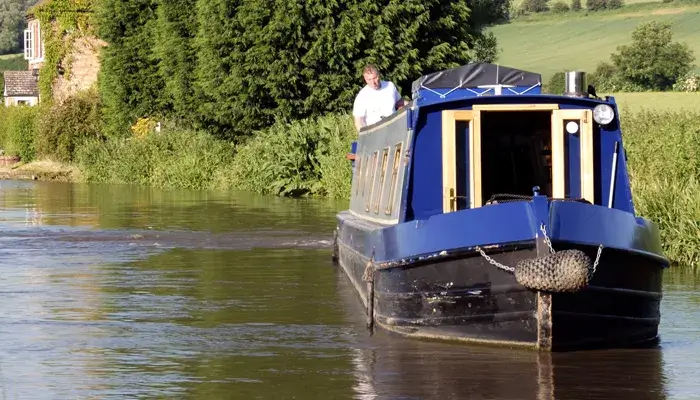Chartering Your Boat
Many boat owners choose to charter their craft to help with mooring costs or simply to keep the boat in working order whilst they are away. But like letting out your home or even your car, you’d expect your property to be looked after and for your insurance to cover you for any incidents which happen beyond your control.
You can charter your boat in two ways – either with or without skipper and crew (referred to as a bare boat charter). In this article we will focus on bare boat charters as this scenario is higher risk and requires more care on the part of the yacht owner.
Coding
If you do intend on charting your boat, you should ensure that it’s in good shape before you do so. Depending on the type and location of your craft you’ll need to get ‘coded’. Most craft will be subject to Maritime and Coastguard Agency (MCA) coding which your craft must obtain before you’re able to charter it. If you own a narrow boat or other inland craft however, you will be subject to the rules and regulations of the Canal & River Trust in England & Wales or Scottish Canals if operating in Scotland. Similarly, some local areas (The Solent for example) will impose their own coding.
MCA coding will certify that your vessel has been thoroughly checked for seaworthiness and that all the required safety features on board are present and in good working order. These include first aid kits, lifesaving equipment and distress signals (e.g. flares).
Who should you allow on your boat?
It’s always down to your discretion who you let loose with your boat. However, we would recommend you stick to the following tips to ensure that your potential customers are competent, honest and sensible.
-
One or more of your charterers must be RYA coastal skipper qualified - This is an insurance requirement as well as a requirement of many port authorities
-
Do not take cash payments - Taking card payments or bank transfers will allow you some security should someone abscond with your craft
-
Lay down the ground rules – Particularly if you’re going to allow groups on board, you should enforce ground rules on subjects like alcohol early
-
Enforce point three by having your charterers sign a “Bareboat charter agreement” – This will protect you should the charterers be responsible for any damage or negligence on their part. See a template for a bareboat charter agreement.
-
Ensure charterers have their own personal injury cover – it is not your responsibility to insure against injuries sustained by charterers aboard your craft. It is therefore essential that charterers hold their own personal injury cover.
Chartered yacht insurance requirements
In order to charter your yacht you’ll need to have a private and pleasure policy with a bareboat charter extension. In this policy extension you’ll find the relevant conditions which apply to you and your charterers.
The basis of this extension covers off several of the points mentioned above. Charterers must be RYA coastal skipper qualified, you must not take cash payments and you should take down the charterer’s passport number, driving license number and current home address.
The RYA agreement mentioned above also stipulates the responsibilities of both the operator and the charterer. Section seven of the RYA charter agreement explains in detail that the operator will insure the boat against fire, collisions and indemnity of at least £2million and also makes it very clear that the operator shall not be liable for any personal injury sustained by the charterer whilst on board.
It is recommended that whether you’re an operator or charterer you read these documents and have an understanding of your responsibilities.
Boat insurance from Towergate
We cannot provide insurance for bare boat chartering but we can do so for chartering with a skipper and crew.
For more information on our boat insurance, contact our boat team on 0344 892 1987 or visit the boat insurance section of our website.
Coding
If you do intend on charting your boat, you should ensure that it’s in good shape before you do so. Depending on the type and location of your craft you’ll need to get ‘coded’. Most craft will be subject to Maritime and Coastguard Agency (MCA) coding which your craft must obtain before you’re able to charter it. If you own a narrow boat or other inland craft however, you will be subject to the rules and regulations of the Canal & River Trust in England & Wales or Scottish Canals if operating in Scotland. Similarly, some local areas (The Solent for example) will impose their own coding.
MCA coding will certify that your vessel has been thoroughly checked for seaworthiness and that all the required safety features on board are present and in good working order. These include first aid kits, lifesaving equipment and distress signals (e.g. flares).
Who should you allow on your boat?
It’s always down to your discretion who you let loose with your boat. However, we would recommend you stick to the following tips to ensure that your potential customers are competent, honest and sensible.
-
One or more of your charterers must be RYA coastal skipper qualified - This is an insurance requirement as well as a requirement of many port authorities
-
Do not take cash payments - Taking card payments or bank transfers will allow you some security should someone abscond with your craft
-
Lay down the ground rules – Particularly if you’re going to allow groups on board, you should enforce ground rules on subjects like alcohol early
-
Enforce point three by having your charterers sign a “Bareboat charter agreement” – This will protect you should the charterers be responsible for any damage or negligence on their part. See a template for a bareboat charter agreement.
-
Ensure charterers have their own personal injury cover – it is not your responsibility to insure against injuries sustained by charterers aboard your craft. It is therefore essential that charterers hold their own personal injury cover.
Chartered yacht insurance requirements
In order to charter your yacht you’ll need to have a private and pleasure policy with a bareboat charter extension. In this policy extension you’ll find the relevant conditions which apply to you and your charterers.
The basis of this extension covers off several of the points mentioned above. Charterers must be RYA coastal skipper qualified, you must not take cash payments and you should take down the charterer’s passport number, driving license number and current home address.
The RYA agreement mentioned above also stipulates the responsibilities of both the operator and the charterer. Section seven of the RYA charter agreement explains in detail that the operator will insure the boat against fire, collisions and indemnity of at least £2million and also makes it very clear that the operator shall not be liable for any personal injury sustained by the charterer whilst on board.
It is recommended that whether you’re an operator or charterer you read these documents and have an understanding of your responsibilities.
Narrowboat insurance from Towergate
Narrowboat insurance from Towergate is available for different vessels and levels of cover depending on what you use your boat for, from third party cover to weather events and personal accident. Get a narrowboat quote online or call us on 0344 892 1987.
Boat insurance from Towergate
We cannot provide insurance for bare boat chartering but we can do so for chartering with a skipper and crew.
For more information on our boat insurance, contact our boat team on 0344 892 1987 or visit the boat insurance section of our website.
About the author
Adam Summersby is a respected leader with 11 years’ varied experience in niche personal and commercial lines insurance, including caravan, site operators and excess reimbursement, with proficiency in leadership, sales and account management.
About the author
Adam Summersby is a respected leader with 11 years’ varied experience in niche personal and commercial lines insurance, including caravan, site operators and excess reimbursement, with proficiency in leadership, sales and account management.
Date: October 24, 2013
Category: Boat





